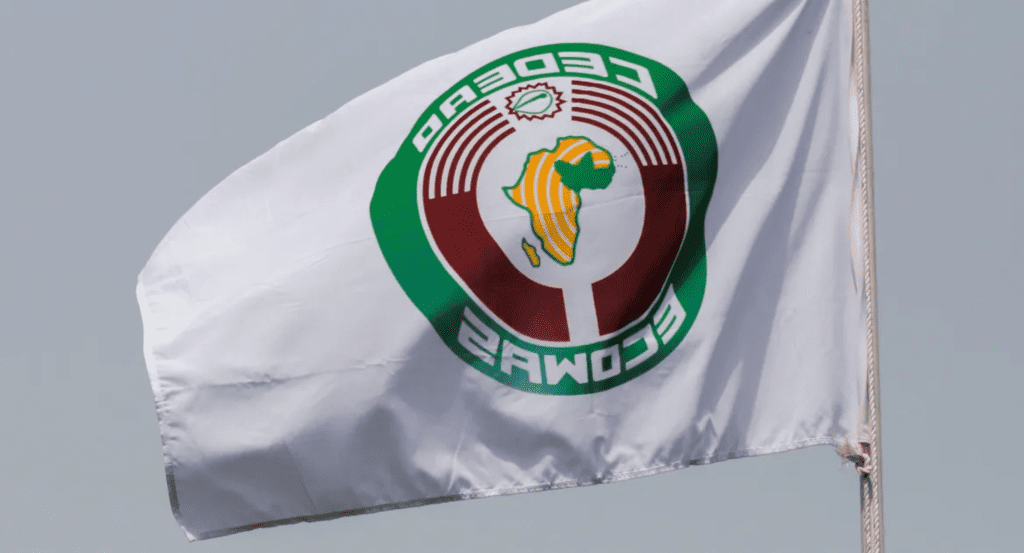In a historic shift that could reshape West Africa’s geopolitical landscape, the military-led governments of Niger, Mali, and Burkina Faso have formally withdrawn from the Economic Community of West African States (ECOWAS), marking an unprecedented departure from the regional bloc. The three nations, all governed by military juntas following coups, cited sovereignty concerns and disagreements with ECOWAS policies as key reasons for their decision.
The governments of the three Sahel nations announced their withdrawal in a joint statement, criticizing ECOWAS for imposing sanctions and failing to address security challenges in the region. “After 49 years, the valiant peoples of Burkina Faso, Mali, and Niger regretfully and with full responsibility decide to withdraw, without delay, from ECOWAS,” the statement read. The announcement follows months of escalating tensions between these states and ECOWAS, which had sought a return to democratic rule following military takeovers in all three countries.
ECOWAS had imposed strict economic and political sanctions on Niger, Mali, and Burkina Faso in an effort to pressure their respective military rulers into holding elections. However, the juntas have resisted external influence, arguing that ECOWAS policies serve the interests of foreign powers rather than the people of the Sahel. They also accuse the bloc of failing to assist in the fight against armed insurgencies, which have devastated communities and displaced millions across the region.
The decision to leave ECOWAS could have far-reaching implications for trade, regional cooperation, and security efforts. While the bloc has played a crucial role in economic integration and collective security, the three countries have increasingly distanced themselves from its directives. In September 2023, they formed the Alliance of Sahel States (AES), a separate security and economic coalition, signaling their intent to forge a new path independent of ECOWAS influence.
The exit of Niger, Mali, and Burkina Faso raises concerns about the future of regional stability, as it could weaken ECOWAS’ ability to coordinate responses to security threats, including the expansion of extremist groups affiliated with al-Qaeda and ISIS. It may also disrupt trade and free movement agreements, affecting businesses and citizens across West Africa. Despite this, the juntas remain firm in their stance, vowing to strengthen cooperation among themselves and explore new alliances with other global powers.
ECOWAS, which has yet to officially acknowledge the departure, now faces a significant test of its authority. The bloc must decide whether to attempt negotiations with the departing states or focus on reinforcing its influence among the remaining member nations. Meanwhile, the international community watches closely, as the withdrawal could reshape diplomatic and economic relations in West Africa.




















